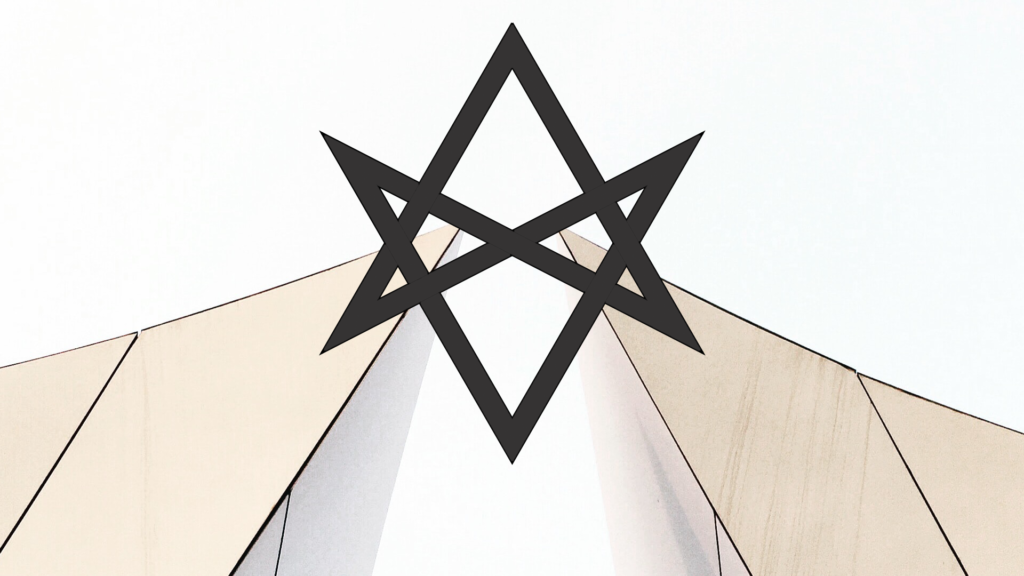
One of the most prevalant memes within Consensus Thelema is the idea that Crowley changed his mind so many times on so many different issues, it’s pointless to try to isolate any invariant “truth” within his thought. (Therefore it’s up to each individual to define for themselves what Thelema is blah blah blah let’s open another bottle of Apothic Red.)
But Crowley wasn’t that much of a creative genius. He had two insights, one theoretical, one practical.
The theoretical insight comes from the Kabbalah, mainly Samuel Mathers’s “Introduction” to Kabbalah Unveiled, his translation of Kabbalah Denudata. In particular, Crowley takes the idea of Ain, makes it the centerpiece or first principle of his world outlook, and draws implications from it that Mathers himself didn’t seem very interested in but which are reminiscent of how this idea was received in German language philosophy of the previous two centuries. By the time Crowley seriously engages with eastern philosophy, he has this Ain idea firmly fixed in his head, and he has a tendency to conform eastern philosophy (particularly Taoism) to it.
The practical insight—what I have called erotic liberation—probably comes from the fin de siècle decadent movement. It’s already on display in his 1898 poem, “Jezebel”. There you can see the mix of sadomasochism, cannibalism, and destruction (moral and physical) through eroticism that comes to define a lot of Crowley’s own spiritual praxis.
The practical insight probably precedes the theoretical insight, although the spiritual importance of the practical side lies in the fact that it reveals or discloses the first principle which organizes the theoretical side. In other words, Crowley may have insisted upon a mathematical deduction of his first principle in “Berashith” and Magick Without Tears, but neither mathematics nor reason in general are the main means by which one encounters the first principle in its fullness. That only comes about through the ecstastic practices Crowley eventually calls magick.
These ideas were formed whole in Crowley’s mind by the time he was 25 or so. Anything he encountered after that, he tended to wrap around or conform to these ideas.
As an aside, this is why it’s wrong to treat Thelema as a mere appurtenance to ceremonial magick, as though Thelemic magick is basically Golden Dawn ceremonial magic but done with a badboy attitude. While drawing shapes in the air and mispronouncing Hebrew are certainly aspects of the Thelemic magical tradition, that’s not the center of gravity of Thelemic praxis. One would be closer to the mark emphasizing transcendence through the encounter with potent (sexual) disgust—through the Pe in particular.
